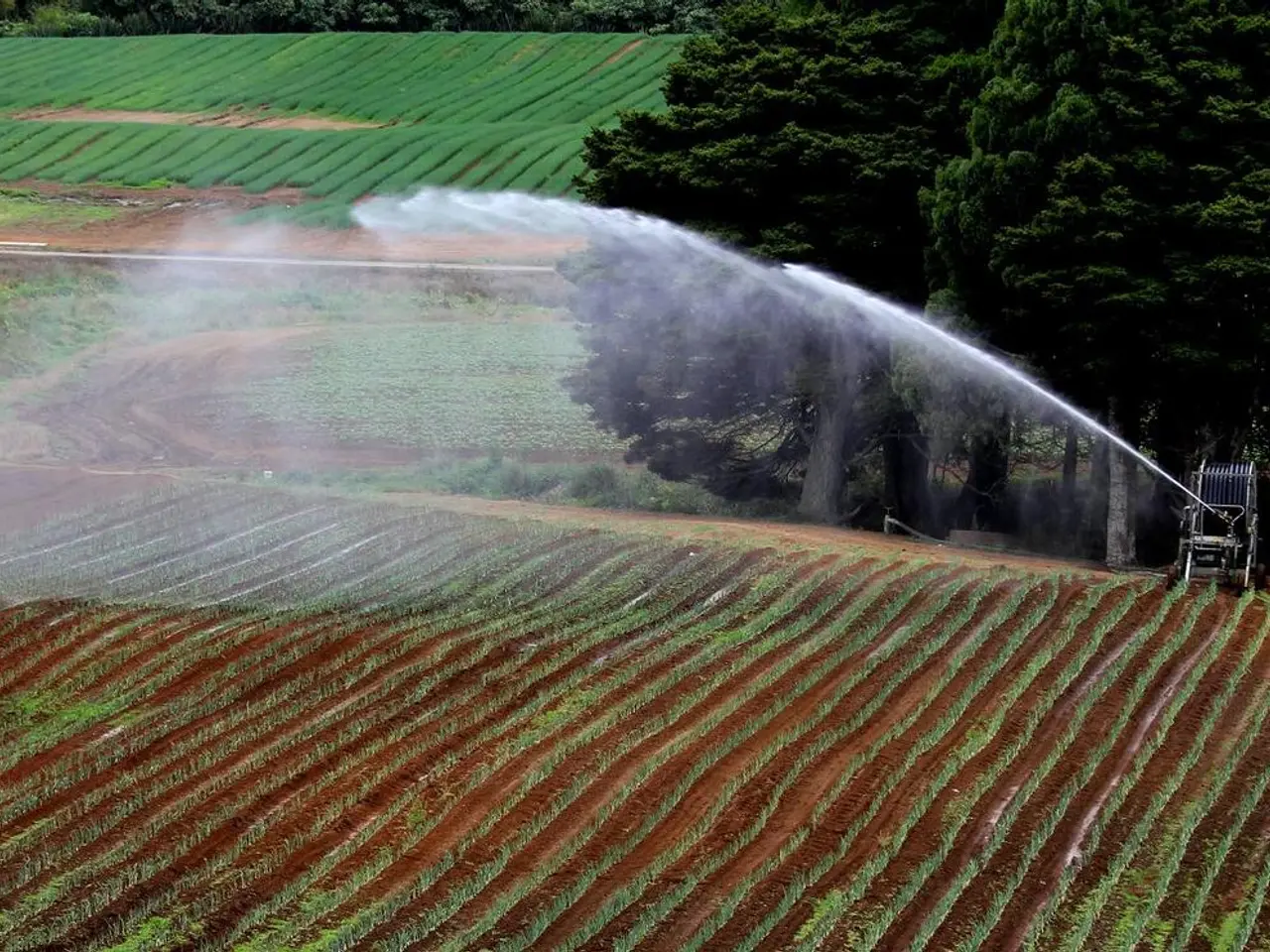To Popularize Regenerative Farming Across the Board: Eliminate the Intermediaries
The Save Soil Regenerative Agriculture Programme in India is revolutionising smallholder farming by encouraging the adoption of sustainable, regenerative practices. This initiative aims to move farmers away from conventional farming methods that rely heavily on fertilisers and contribute to soil depletion, towards a system that restores soil health and improves ecosystem resilience.
The programme addresses the challenges faced by approximately 9,000 farmers in Tamil Nadu and smallholder farmers worldwide who are vulnerable due to factors such as erratic weather, soil erosion, and market exploitation by middlemen.
Key components of the Save Soil Programme include building a support system for farmers transitioning to regenerative practices, connecting smallholder farmers directly with local businesses and consumers, and focusing on soil health restoration. The programme also strives to make regenerative farming profitable and accessible, thereby encouraging widespread adoption and making organic food affordable for a broader population.
The initiative responds to current market and environmental dynamics by creating a fairer, healthier, and more accessible market for smallholders practising regenerative agriculture. By selling their produce directly to consumers, farmers can bypass middlemen and profit from sustainable, organic produce.
In addition to soil health, the programme extends its focus to revitalising rural economies and creating a sustainable market for naturally grown food. The model could be scaled globally, particularly in countries with smallholder farming dynamics like Kenya, Indonesia, and Peru.
The Save Soil Regenerative Agriculture Programme in India is not without its challenges. Digital literacy gaps and logistical complexities in distribution pose significant hurdles. However, the programme is addressing these issues by developing a digital platform and a network of WhatsApp groups to connect regenerative farmers to consumers, restaurants, and institutions.
In-person training and a hotline for instant advice on regenerative farming practices are also provided to help farmers make the transition smoothly. Regenerative methods such as agroforestry and composting could restore fertility and stabilise yields in regions like East Africa.
The programme offers a premium above conventional market prices to farmers supplying produce directly to the Isha Yoga Center in Coimbatore, providing an incentive for farmers to adopt regenerative practices. As the programme continues to grow, it is building a new market for organic, regeneratively-grown food, offering a promising future for smallholder farmers in India and beyond.
- In line with the focus on soil health, the Save Soil Programme further intends to revitalize rural economies by creating a sustainable market for naturally grown food, which could be scaled globally, particularly in countries with smallholder farming dynamics like Kenya, Indonesia, and Peru.
- To ensure the success of farmers transitioning to regenerative practices, the programme seeks to make organic food more affordable by making regenerative farming profitable and accessible, thereby encouraging widespread adoption.
- With climate and environmental science at the forefront, the Save Soil Regenerative Agriculture Programme integrates environmental-science principles to address challenges faced by farmers, such as erratic weather, soil erosion, and market instability, while fostering a healthier and more accessible market for smallholder farmers practicing regenerative agriculture.




